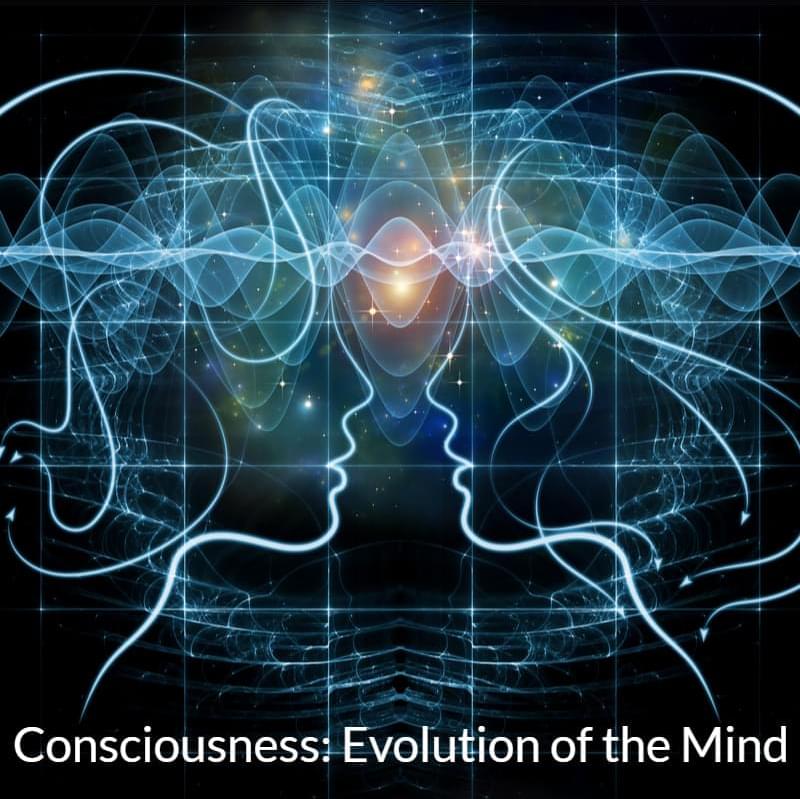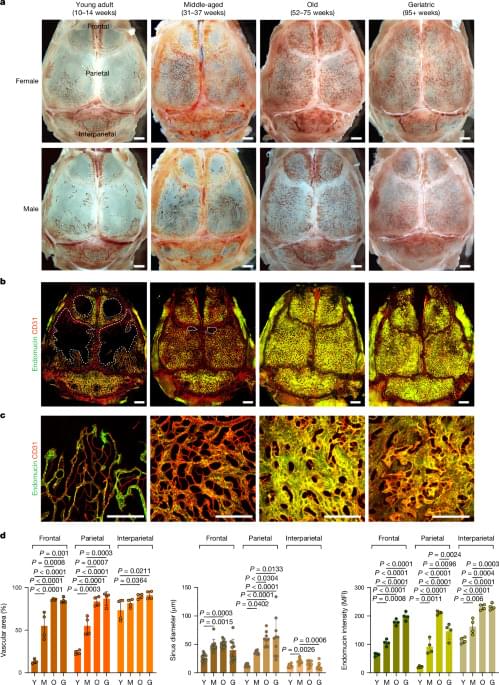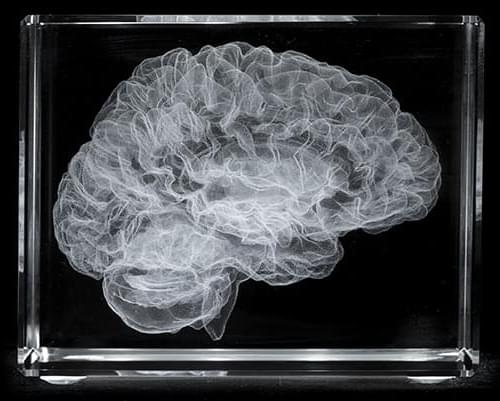Aging is characterized by a gradual decline in function, partly due to accumulated molecular damage. Human skin undergoes both chronological aging and environmental degradation, particularly UV-induced photoaging. Detrimental structural and physiological changes caused by aging include epidermal thinning due to stem cell depletion and dermal atrophy associated with decreased collagen production. Here, we present a comprehensive single-cell atlas of skin aging, analyzing samples from young, middle-aged, and elderly individuals, including both sun-exposed and sun-protected areas. This atlas reveals age-related cellular composition and function changes across various skin cell types, including epidermal stem cells, fibroblasts, hair follicles, and endothelial cells. Using our atlas, we have identified basal stem cells as a highly variable population across aging, more so than other skin cell populations such as fibroblasts. In basal stem cells, we identified ATF3 as a novel regulator of skin aging. ATF3 is a transcriptional factor for genes involved in the aging process, with its expression reduced by 20% during aging. Based on this discovery, we have developed an innovative mRNA-based treatment to mitigate the effects of skin aging. Cell senescence decreased 25% in skin cells treated with ATF3 mRNA, and we observed an over 20% increase in proliferation in treated basal stem cells. Importantly, we also found crosstalk between keratinocytes and fibroblasts as a critical component of therapeutic interventions, with ATF3 rescue of basal cells significantly enhancing fibroblast collagen production by approximately 200%. We conclude that ATF3-targeted mRNA treatment effectively reverses the effects of skin aging by modulating specific cellular mechanisms, offering a novel, targeted approach to human skin rejuvenation.
The authors have declared no competing interest.

















